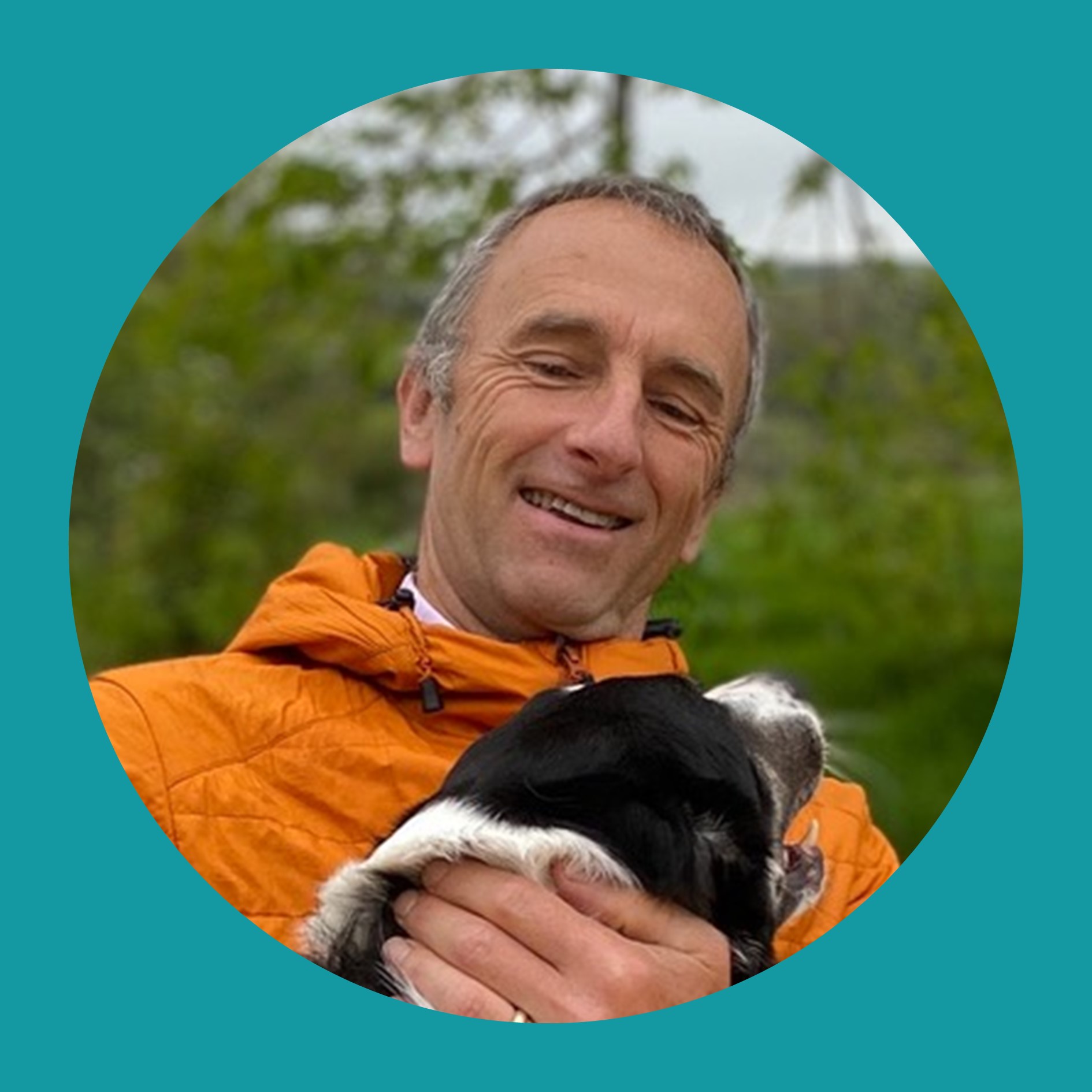
Dr Julian Abel is a recently retired consultant in palliative care, former Vice President of Public Health Palliative Care International, and co-author with Lindsay Clarke of The Compassion Project: A Case for Hope and Humankindness from the Town that Beat Loneliness.
From childhood Julian has tried to seek out what he can do that is “meaningful and helpful.” Going into healthcare was a direct expression of that. When he first entered medicine he discovered that it had a pronounced hierarchy. “The patient was nowhere near the top.”
After a spell studying Chinese medicine and cranial osteopathy, he became a palliative care consultant in Weston-super-Mare within a service that covered hospice, community and hospitals. He became particularly interested in the community dimension of this because he came to understand that “the thing that makes the biggest difference is not the professional support but the love, laughter and friendship.” He says that it is deeply embedded in our nervous system: “we have a prosocial nervous system.”
Julian’s book The Compassion Project is largely based on the Compassion Frome Model initiated by Dr Helen Kingston and Jenny Hartnoll, and which Julian helped to lead. It spun out of a paper initiated by Helen. Julian supported the paper with some statistics, which included that emergency admissions in Frome had decreased by 14% whilst in the rest of Somerset they had risen by 29%. It was clear that they were onto something.
Up until this point no-one had come across an intervention that would reduce population emergency admissions. The team decided that they need to ‘go public’ and explain the building blocks of what they were doing and the benefits. Julian co-authored an article in Resurgence magazine, that was reported in the Guardian. Someone read the publicity and approached the Frome team concerning the possibility of writing a book.
The Compassionate Frome model provides a means of connecting lonely and isolated patients with the plethora of activities that are going on in the community. The friendships brokered by Compassionate Frome create mental wellbeing which, via the mind-body connection, is reflected in physical wellbeing.
Community connectors and health connectors play a key role in the Frome model. There are around 700 of the former (in a population of 28,000). The role of the community connectors is, by reference to a web directory, to signpost people to activities in the community that might be of interest. Julian the conversations that each connector has as a “little explosion of compassion in the community.”
The health connectors are fewer in number and help people gain clarity on what is important to them and what they need when they are not in touch with these things. They are trained in motivational interviewing.
His son Bewick has taken compassionate thinking into his primary school, located in a hard-pressed community. The first thing he did was help children recognise and name their emotions. And then they talked about which ones were beneficial to school life and which ones were harmful. More recently they have introduced a morning check-in, where they ask one another how they are, and if there is anything they can do to make it better. In time the children became happier and more connected and educational attainment improved dramatically.
Julian feels that one of the challenges of the UK education system is that many of the ministers and civil servants are emotionally inarticulate themselves.
Julian has formed an organisation Compassionate Communities UK (you can find it on the web at compassionate-communities.co.uk). It is focused on sharing, developing expertise, and education. Some of its work is professional facing and some is public facing. Julian’s podcast ‘Survival of the Kindest’ is also part of it.
Julian is looking to develop expertise around community sources of support for trauma. “If you just rely on professional services, it’s never going to happen” he says.
The books he would recommend include “When the Body Says No” by Gabor Mate. He also notes the work of Fritzi Horstman (for example the documentary “Step Inside the Circle”), and palliative care physician Naheed Dosani (for example TEDx talk “What’s a life worth?”).
In his career, it’s the things that Julian has done that has promoted a sense of belonging and connectedness, that helped people realise that they weren’t alone, that Julian has found most fulfilling.
In the world of palliative care, the person who inspired Julian the most was Allan Kellehear (of the University of Bradford). He has helped to reframe the subject, and has become a close friend of Julian.
Julian doesn’t have a problem with self-care! He lives on the coast in Cornwall, he surfs, he meditates, goes running with his dogs, and has a steady trickle of family and friends who come to visit.
Julian’s advice to his 20-year old self (or to himself at any age) is to understand that we are already compassionate. “We swim in a sea of compassion.” If you want to have a happy life, be healthier, have a meaningful life, live a long time, then be more compassionate.
More Episodes
Tony Stacey, Good to Great in action
 2019-10-31
2019-10-31
Nancy Fielder, doing the job she loves in the city she loves
 2019-10-17
2019-10-17
Hugh Facey OBE, UK manufacturing legend
 2019-10-01
2019-10-01
Sarah David, thriving in adversity
 2019-08-29
2019-08-29
Chris Hill, empowering young people
 2019-08-15
2019-08-15
Danyal Sattar, supporting UK social enterprises
 2019-08-08
2019-08-08
Jodie Hill, a passion for mental health in the workplace
 2019-08-01
2019-08-01
Adrian Brown, living an entrepreneurial life with compassion
 2019-06-24
2019-06-24
Laurie Cottam, creating a place of belonging
 2019-06-10
2019-06-10
Auriel Majumdar, following her heart
 2019-05-27
2019-05-27
Create your
podcast in
minutes
- Full-featured podcast site
- Unlimited storage and bandwidth
- Comprehensive podcast stats
- Distribute to Apple Podcasts, Spotify, and more
- Make money with your podcast
It is Free
You may also like

The Business Of

The Everyday Millionaire

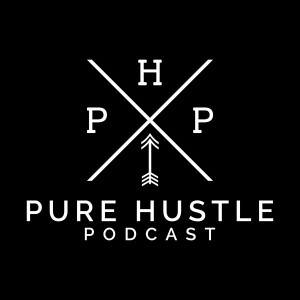
Pure Hustle Podcast

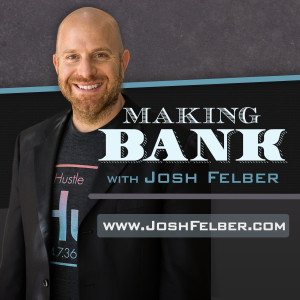
Making Bank


The Ramsey Show

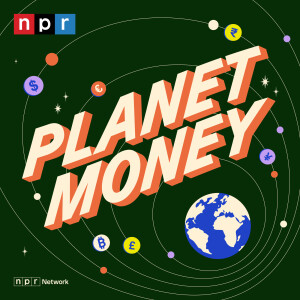
Planet Money


- Privacy Policy
- Cookie Policy
- Terms of Use
- Consent Preferences
- Copyright © 2015-2024 Podbean.com

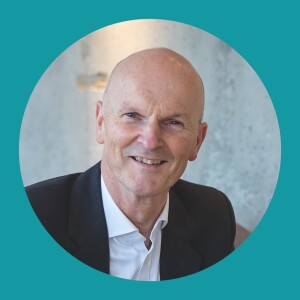

 iOS
iOS Android
Android